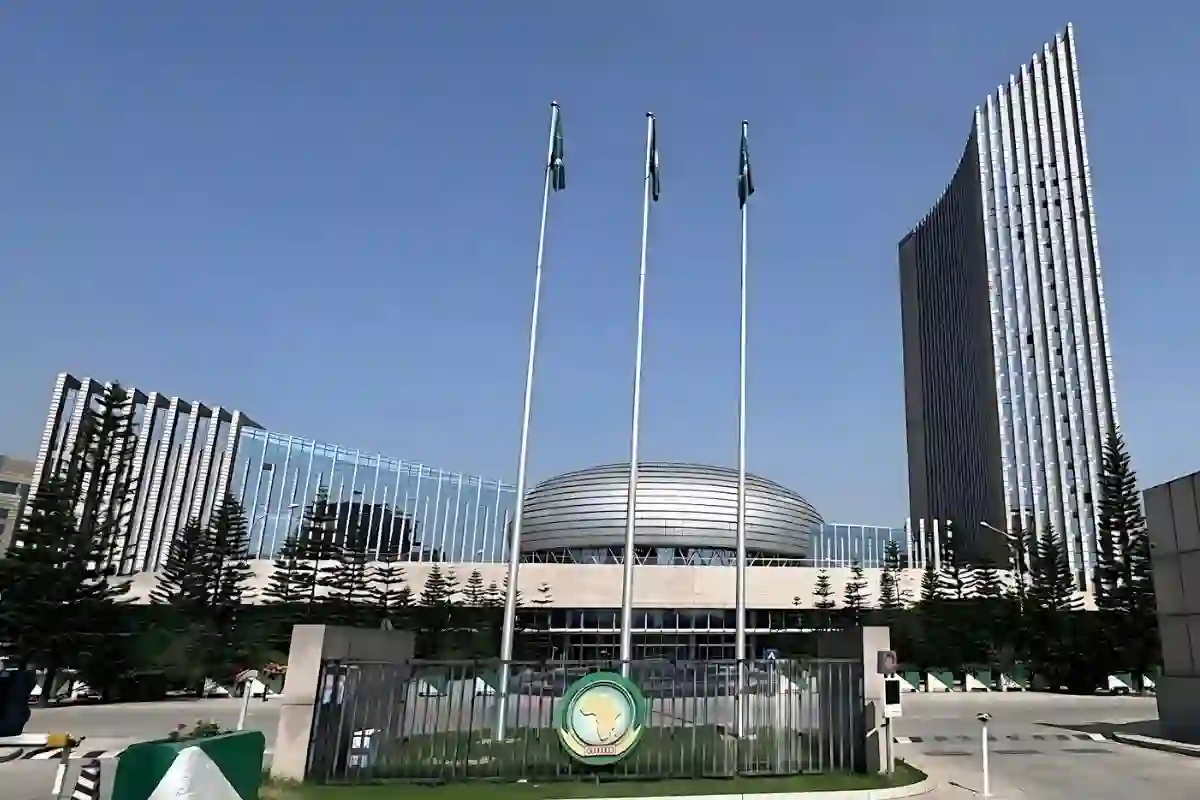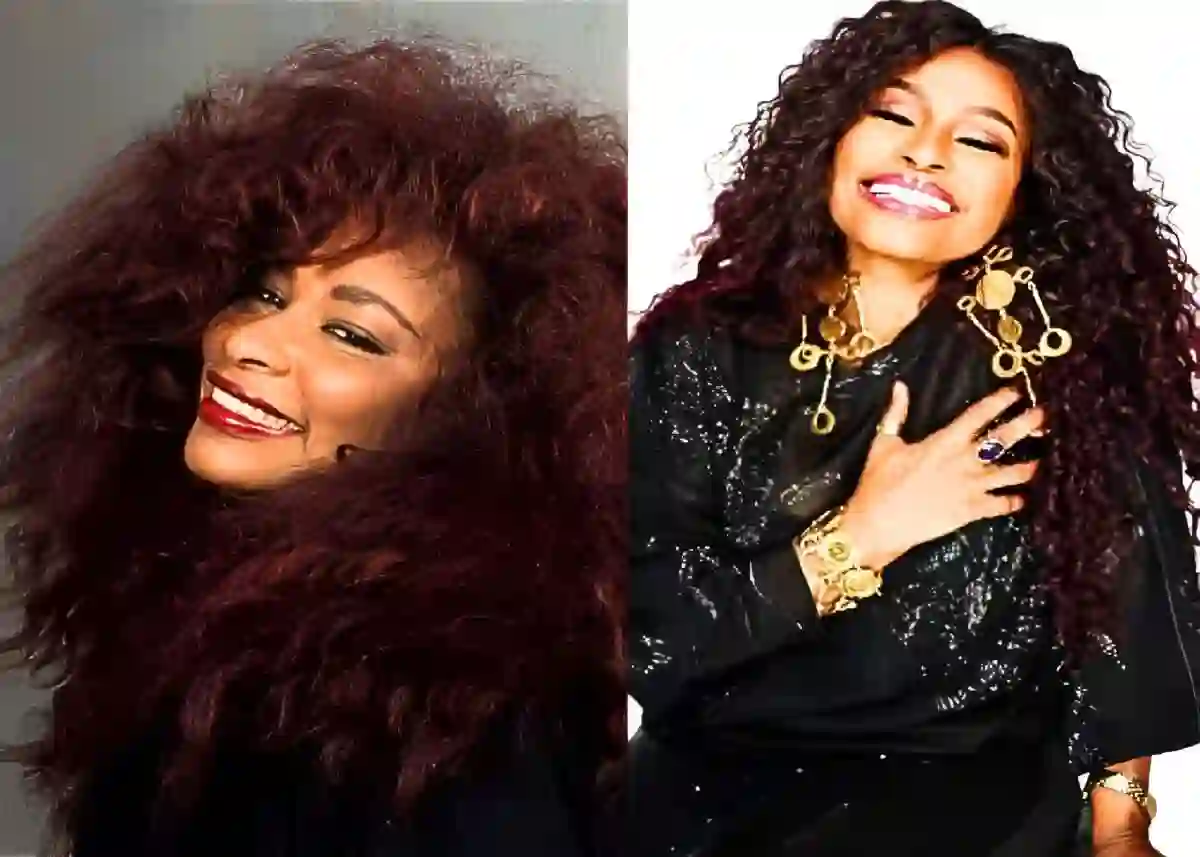In a world where false stories can spread faster than the truth, Africa is taking a big step to protect the quality of information its people receive.
On 11 August, the African Union (AU) teamed up with the United Nations Educational, Scientific and Cultural Organisation (UNESCO) to unveil a new framework aimed at safeguarding information integrity across the continent.
This partnership isn’t just about stopping fake news—it’s about creating a future where Africans can rely on trustworthy, transparent, and accountable media.
It also ties directly into the AU’s Agenda 2063 vision for sustainable development through an informed and engaged citizenry.
Why This Framework Matters
Rita Bissoonauth, Director of the UNESCO Liaison Office to the African Union and the United Nations Economic Commission for Africa (UNECA), called the initiative a major milestone.
She highlighted that it’s designed to boost informed civic participation while tackling the rise of misinformation and disinformation that can disrupt social stability.
The AU and UNESCO believe that informed citizens are the backbone of a healthy democracy, and that this framework will help protect that foundation.
Strategic Steps to Tackle Misinformation
The plan sets out clear actions: improving digital literacy so people can better identify false information, strengthening media professionalism, and expanding the reach of fact-checking organisations across Africa.
It also calls for each AU member state to create its own national strategies and multi-stakeholder platforms to track misinformation trends and ensure media accountability.
On top of that, UNESCO will provide technical training for both journalists and policymakers, helping them use best practices to spot and stop the spread of disinformation.
This follows on from earlier work like the Continental AI Strategy, which promotes responsible technology use.
Working Together for Information Transparency
The framework makes it clear that no single group can solve this challenge alone.
It calls for cooperation between governments, civil society, and the private sector to build a transparent and inclusive information environment.
It also recognises the critical role of independent media and fact-checkers, offering them capacity-building support and strategic guidance to strengthen their work.
AU Commissioner for Political Affairs, Bankole Adeoye, stressed that only coordinated action can successfully counter harmful narratives.
The UNESCO Liaison Office in Addis Ababa will lead the coordination alongside the AU.
What’s Next for the Plan
Right now, stakeholders are reviewing and discussing the first draft of the framework over a six-month consultation period.
The final version is expected to be approved in November 2025.
Until then, the AU and UNESCO are calling on all partners to actively engage in the process and help shape a future where information in Africa is accurate, transparent, and trustworthy.

